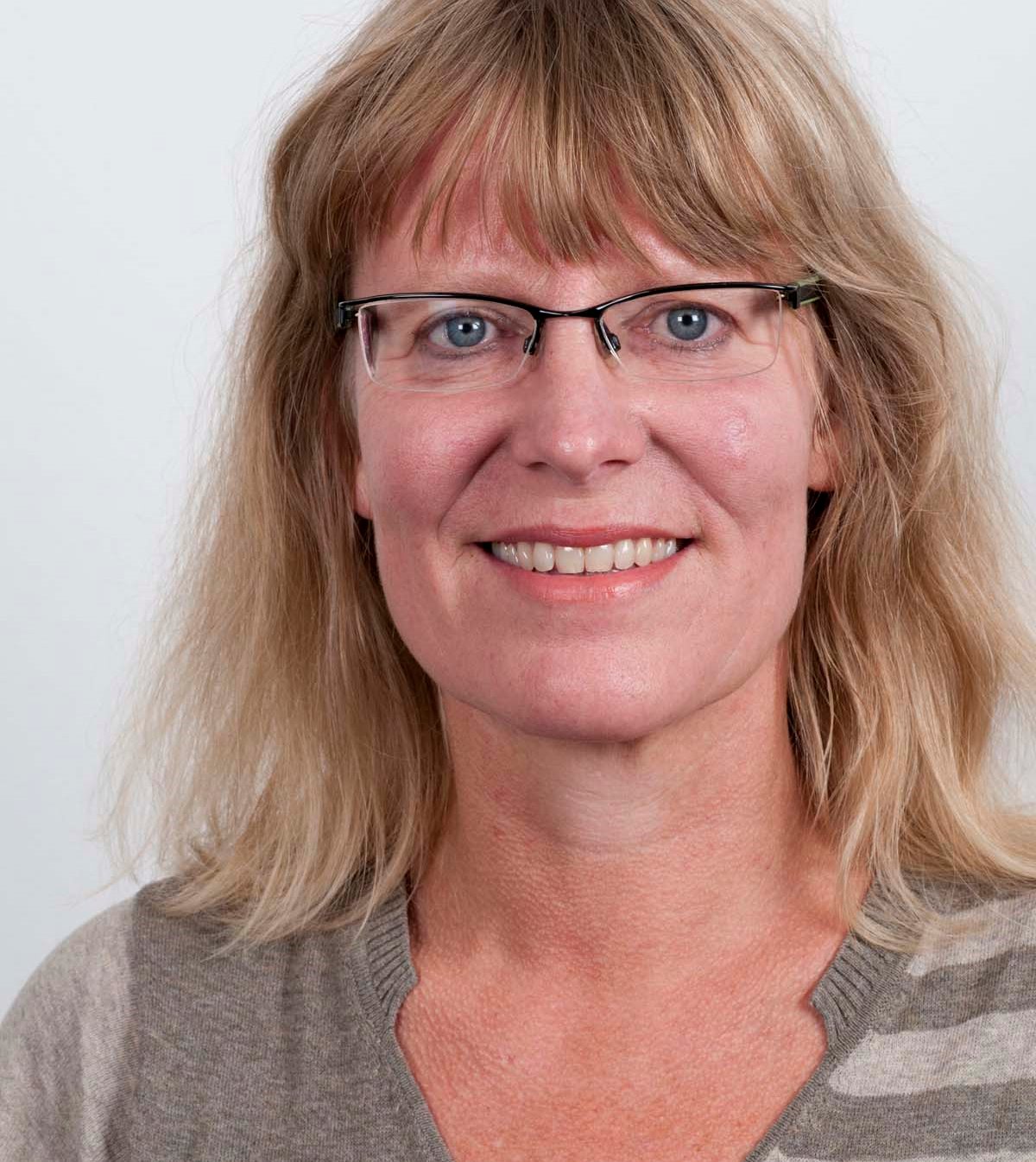Seeking more knowledge about diversity in academia
There is a large body of research on the barriers to gender balance in academia, but very little on ethnic diversity. Now the KIF Committee has announced funding for a study to fill this gap.
“The KIF Committee’s mandate was expanded to include diversity, and in this period we will focus primarily on ethnic diversity. We have a deficit of fact-based knowledge in this area in Norway, and the funding announcement will help to compensate for this,” says Curt Rice, Chair of the KIF Committee.
A status report on ethnic diversity in Norwegian academia was on the top of the “wish list” when the KIF Committee’s strategy was recently presented. Now funding for a diversity study has been announced, and the goal is to increase insight into the challenges and opportunities that people with an immigrant background encounter along their academic career path. The final report will include a literature review of relevant research, input for policy formulation and measures, and recommendations for further research.
Minority research has focused on integration
“I’m so pleased about this initiative,” says Mette Andersson, a professor at the Department of Sociology and Human Geography at the University of Oslo.

“As far as I know, there is very little research on ethnic minorities in Norwegian academia. Instead, studies have focused on integration: their connection to working life, identity and religion, adolescents in school. In recent years there has also been some research on discrimination and exclusion mechanisms, which is relevant in this context.”
Andersson thinks that a possible explanation for the lack of knowledge is that the first generation born in Norway to immigrant parents is still relatively young, so it is only recently that we have begun to notice the problem.
“We are beginning to see some mobility studies of this group carried out in other countries, and it’s time that we address this issue here in Norway as well,” she states.
Difficulties or success in academia?
When the KIF Committee was established in 2004, the spotlight was on gender equality. Since then, gender balance in academia has been the topic of many studies and policy documents, and the institutions have implemented a wide range of measures to improve the gender balance. Because the committee now works with ethnic diversity as well, the first step is to fill the knowledge gap with more research.
“Why is it important to carry out a diversity study?”
“It would be unfortunate if the higher education sector moved forward in this area based on anecdotes and assumptions. We are a knowledge sector, and we must base our actions on knowledge. This is what gives legitimacy to our work with gender equality, and our hope is that we can gain the same level of legitimacy in our work with diversity,” says Rice.

The aim of the study, for which funding was recently announced, is to generate knowledge about career paths and barriers in academia. The committee is seeking empirical data at both individual and institutional levels. One aspect of the study will be to learn what role gender plays in the career development of people with an immigrant background.
“We can work to create a more inclusive workplace even if we don’t have evidence that the workplace is excluding some people. But our work can be more targeted if we know where the challenges are. We hope that the study can help us to identify areas that should be studied more thoroughly when it comes to this group’s career development.”
Non-Norwegian versus Norwegian-born
One of the issues that the KIF Committee wants the report to address is whether there is a major difference between ethnic minorities born in Norway and researchers recruited from abroad. International researchers are sought after as a means of enhancing the quality of Norwegian research, and much of the debate revolves around how Norway can make itself appealing to top international researchers who can potentially work anywhere in the world.
Norwegians with an immigrant background are often regarded as a group that experiences problems. Whether the two groups face similar or different challenges in Norwegian academia is a question that the study will hopefully be able to answer.
Translated by Connie Stultz.
The Committee for Gender Balance and Diversity in Research (the KIF Committee) has announced funding for a diversity study with an application deadline of 11 May. The financial framework for the study is NOK 600 000, including VAT.
The project’s objective is to generate knowledge about the types of challenges and opportunities encountered by people with an immigrant background with regard to career development in academia.

